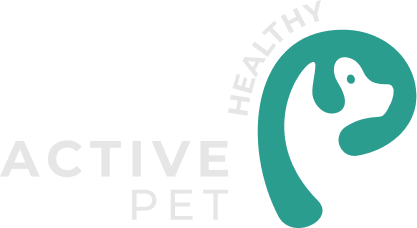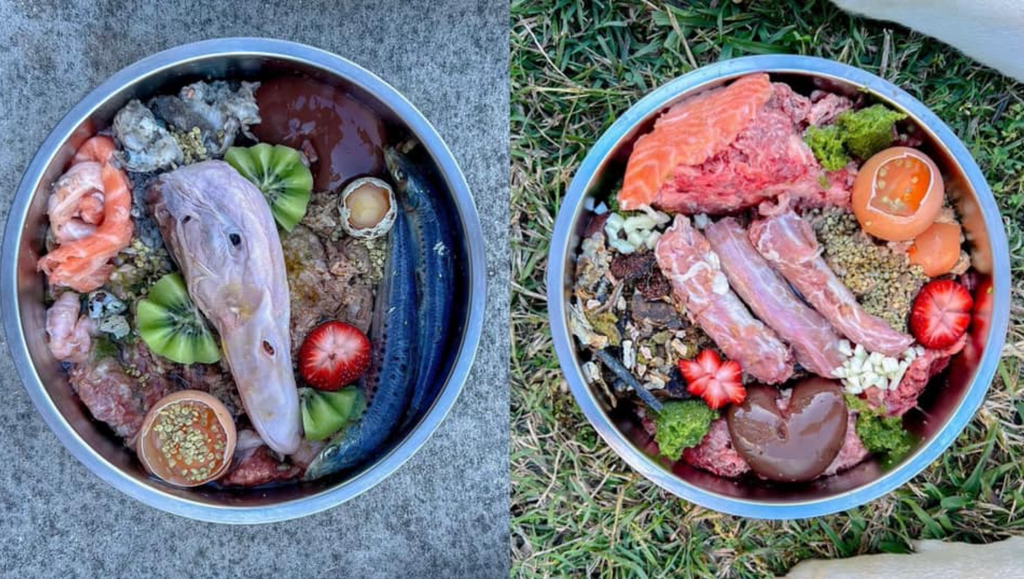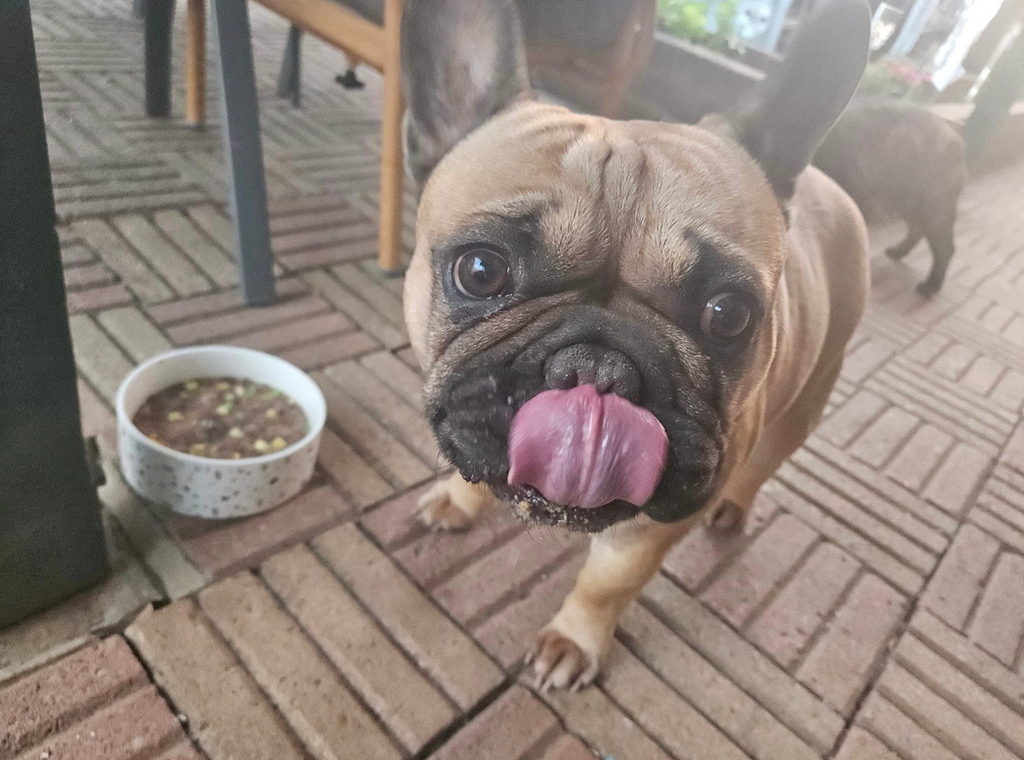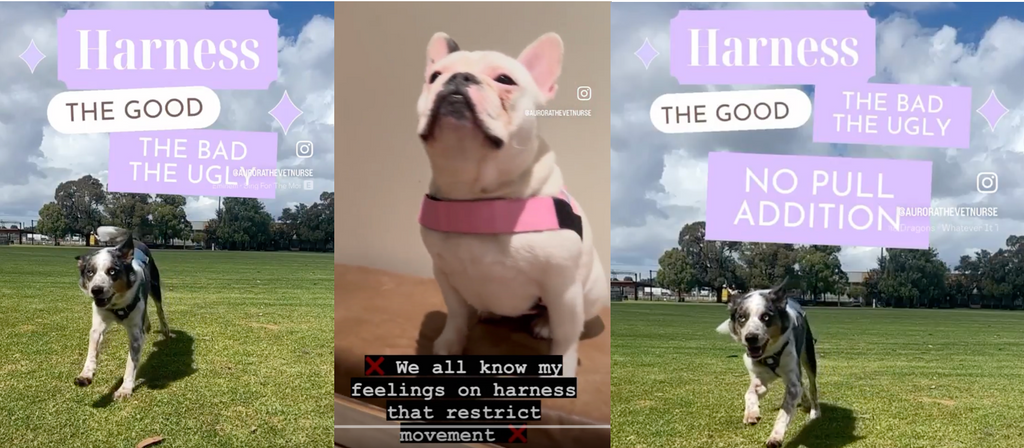
Nutrition & Your Pets - What You Need To Know
The old sayings “you are what you eat” and “let food be thy medicine” have gotten a thorough workout over the years, and there’s a good reason they haven’t fallen out of fashion.
Nutrition is one of the most fundamental things to influence our health, and the impact of poor nutrition can be felt and seen in an abundance of ways around the world.
Whether it’s influenced by food scarcity, education, cost, time or personal choice, the way we eat informs our health and wellbeing in meaningful and often life altering ways.

Particularly in countries like Australia, people have so many choices when it comes to food, it can be overwhelming to know which approach is best – vegan, vegetarian, gluten free, dairy free, keto, even the carnivore diet (for humans) has experienced a wave of popularity lately!
But generally speaking, there are still a few things that most people agree on and that most medical professionals will tell you.
A diet that is focused on a healthy balance of protein, carbs and fat, with lots of fresh food and limited processed foods high in refined fats and sugars is pretty widely accepted as being beneficial to our health, and something we should aim for whenever possible.

And yet, the vast majority of our dogs and cats eat heavily processed food with no variety or fresh ingredients at all.
Companion animals are some of the only ones on the planet to eat this way and even many vets will recommend it, seemingly at odds with everything we know to be true about our own nutrition. (you can read about why some vets recommend kibble here)
In fact, if you went to the GP and they told you to cut out fresh foods and only eat heavily processed biscuits or tinned stew supplemented with synthetic nutrients for every meal for the rest of your life, you would surely think they were joking.
So why is this ok for our pets?
Well, quite simply, it’s not. Our pets obtain the very same benefits from eating real, nutritious food as we do, and the impacts of not doing this are being felt by pets and pet parents far and wide. Our dogs and cats are fatter and sicker than ever.
More than half of them overweight or obese and in the decade between 2009 and 2019, the amount Americans spent on vet care went from 12 billion dollars to almost 20 billion dollars.

Dogs are TEN TIMES more likely to get cancer than humans and more than half of dogs that make it past 10 years old will die from cancer.
And that’s if they make it to 10, since a study found that overweight dog typically live up to 3 years less than those with a healthy body condition.
These are all health issues that we widely accept to be tied to poor diet, and particularly to heavily refined starches and plant oils, oxidised fats, poor gut health, nutrient degradation through excessive heat treatment, a lack of disease fighting compounds like antioxidants and phytonutrients, and deficiencies in important vitamins and minerals.
These are ALL issues we can associate with processed pet food, and yet we are fed the same mantra over and over: fresh food for pets is dangerous. (You can read about why kibble is NOT good for our pets here)
In reality, just as common sense dictates, fresh food is far from dangerous. It is heavily processed food we should be wary of, arguably even more so for our pets than for us.
Because while we may indulge a special treat every now and then, our pets are expected to eat this way every day for the rest of their lives, and they can’t tell us when their food makes them feel bad.

What we should be doing is applying the same wisdom regarding nutrition to our pets that we would to our human family, nourishing them with a variety of healthy whole foods that will keep them lean, full of energy and with all the tools they need to ward of disease and live a long, healthy and happy life.
Shop our products
You can see our raw air and freeze dry foods here
Or you can get full access to our 4 week meal plan programs and raw food recipes here





